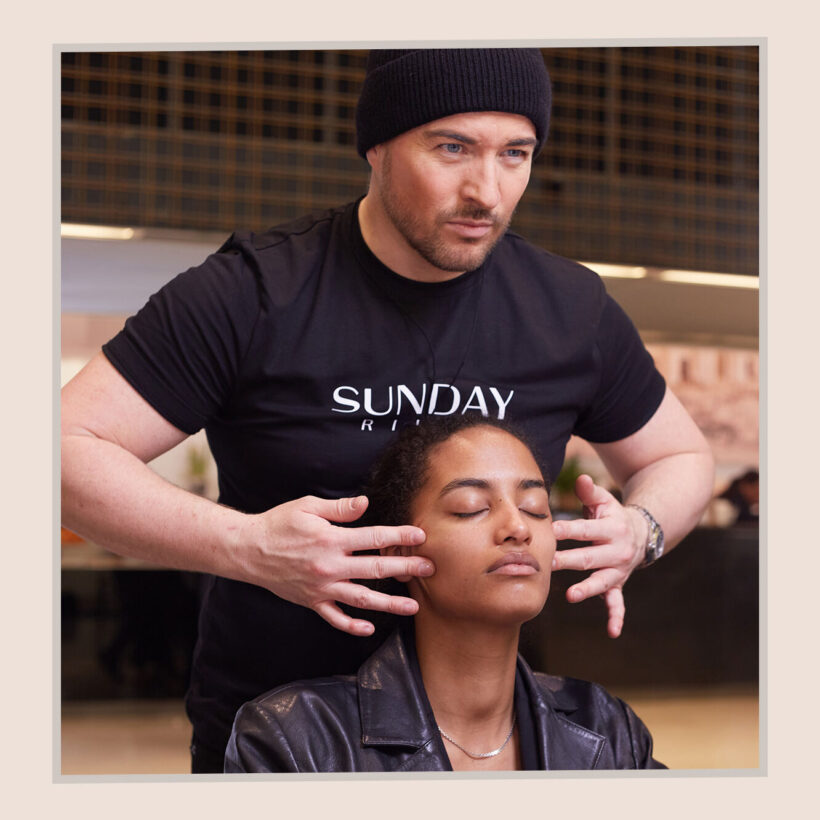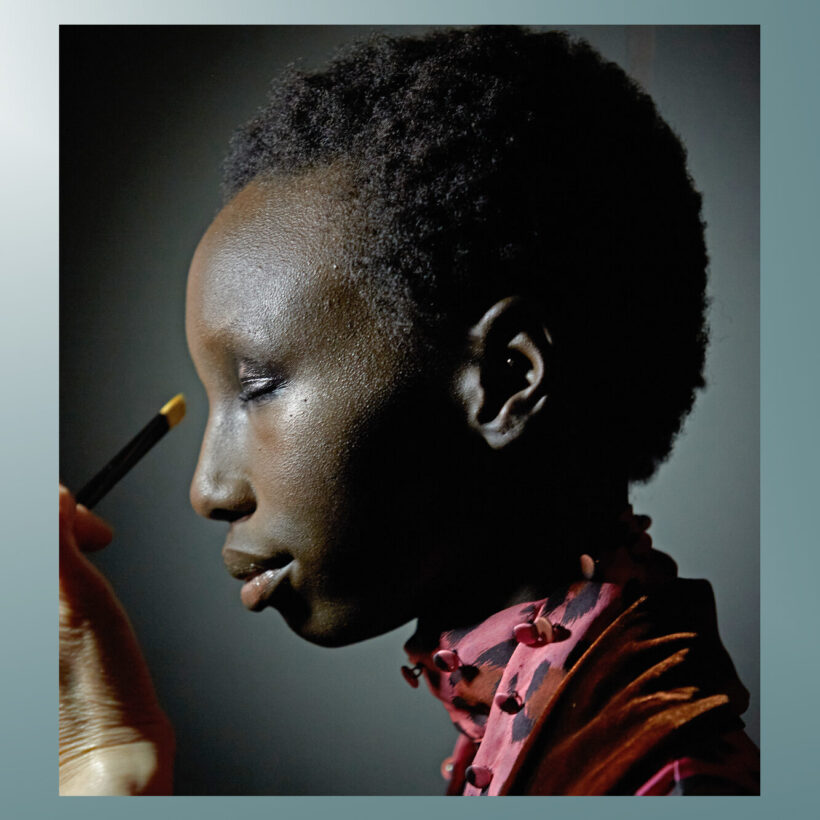Recently, I’ve noticed a Tik Tok trend where women poke fun at their overuse of phrases like “Does that make sense?” “I feel like,” and “Sorry if that’s unclear” both in emails and in spoken workplace conversation. “Repeat after me: we are not undermining our own authority in 2021!” one feminist influencer captioned a video compilation of her repeatedly cringing at “all the times [she’s] ended a sentence with ‘if that makes sense.’”
On its face, encouraging women to own their authority by stripping their vocabularies of “insecure”-sounding phrases seems like solid and empowering advice, but as a feminist linguist, I know that it’s actually rather off base. If you’re a woman who’s ever been made to feel anxious about not sounding confident enough, know that it’s not your manner of speaking that needs questioning — it’s our society’s standards for what authoritative speech sounds like in the first place. These Tik Tok videos might seem like nothing but a harmless internet trend, and yet, sending the misguided message that there’s something fundamentally wrong with the way women write emails can achieve more harm than humor. Allow me to elaborate…
In sociolinguistics, the expressions “Does that make sense?” and “You know what I mean?” fall under a language category called tag questions, and the phrases “I feel like” and “if that makes sense” are called hedges (also known as discourse markers, and sometimes labeled “filler words”). For decades, popular media has taught us that a) these phrases are something that only women use, b) women are conditioned to talk in this “demure” fashion because we’ve been taught that it’s more traditionally feminine and thus acceptable to express doubt in our own convictions, and c) removing these phrases from our vocabularies is simply the feminist thing to do. But according to linguistic studies, this prevailing wisdom is not only false but both reflects and perpetuates pre-existing biases about gender and authority.
In natural conversation, tag questions and hedges are not just signs of insecurity but instead serve a range of complex social purposes. When you crunch the numbers, cisgender men do not use fewer hedges in natural conversation than women overall — we simply notice hedging more when women do it because we tend to be more critical of women’s speech in general: In our minds, the default sound of authority is a dude’s voice, thus we are less likely to scrutinize his delivery, even if he’s drenching his speech in hedges and tag questions like feta cheese in a casserole dish of Tik Tok pasta.
Consider this study: In 1989, Oxford sociolinguist Deborah Cameron took an empirical look at tag questions — the frequency, the particular types of tags, and the environments in which they were used. What she found was that, despite common misconceptions, tag questions serve well over a dozen different functions based on the interaction and dynamic between participants. For example, there are tag questions that request information (“Yesterday was your last day at work, wasn’t it?”), tags that indicate concern for the addressee (“Try opening this pickle jar, would you?”), tags that ask for reassurance (“This is the right answer, yeah?”), tags that threaten the addressee (“You were about to leave without saying goodbye, weren’t you?”), tags that facilitate conversation (“Bridgerton is the most addictive show of the year, right?”), tags that soften a criticism (“You haven’t been spending as much time on your homework lately, have you?”), and so many more.
Ultimately, Cameron concluded that gender had almost nothing to do with “how many” tags one uses (men and women uttered them at basically the same frequency), and while gender had something to do with the kind of tags used, a person’s level of power in an interaction was far more pertinent… but here’s the kicker: The specific types of tags favored by women actually reflected more authority, not less.
Get this: According to Cameron, women are overall shown to use more of those “facilitative” tags I mentioned, which express interest and solidarity and work to invite another person into the discourse (which is a pretty charming thing to do, if you ask me). They essentially establish a speaker as the “facilitator” of a conversation, like a gracious host. Interestingly, facilitative tags are also consistently used by people in so-called “powerful” interactional positions, regardless of gender, like television hosts and courtroom judges. Meanwhile, men are generally shown to use more “modal” tags, which request information (“John Quincy Adams was the fourth President of the United States, wasn’t he?”); equally, there is a pattern showing the use of these tags among “powerless” speakers (like young students and defendants on the witness stand), again, regardless of gender.
What this means is that the insecurity people sense in women’s use of “Does that make sense?” is mostly misunderstood. It is theoretically possible that women call upon that specific phrase more frequently than men do (I have not yet confirmed this with data), but even if that’s true, it doesn’t make it bad and in need of fixing. In many cases, phrases like “Does that make sense?” are really a sign of strength or solidarity that’s simply been misinterpreted all along, because it’s coming from a woman’s mouth. Translation: Women’s use of these expressions doesn’t make them victims in need of help; instead, it makes them facilitators in need of understanding.
In the end, feminist linguistics is all about sharing unbiased truths about language so that women and other marginalized speakers can make better-informed decisions about how they wish to speak, and how to perceive the speech of others. “At the end of the day, the most important thing about being a speaker is that you speak in ways that make you feel empowered and that you are using phrases such as, ‘I feel like,’ on purpose,” comments Dr. Lee M Pierce, an Assistant Professor of Rhetorical Communication at SUNY Geneseo and host of the RhetoricLee Speaking podcast.
So, even after looking at all the information, if you ultimately decide you still want to rid your speech of tags and hedges, then go for it. But also try to resist judging other women for not doing the same. “When weighing in on the speech of others, think… if their verbal fillers … are bothering you, consider whether it’s really about their words or your internalized biases,” says Pierce. “No shame, just try not to put your biases on other people.”
Perhaps the next viral Tik Tok trend should be cringing at all the times you negatively misjudged a woman’s speech (including your own). Or better yet, celebrating all the times you busted a myth invented by the patriarchy.








